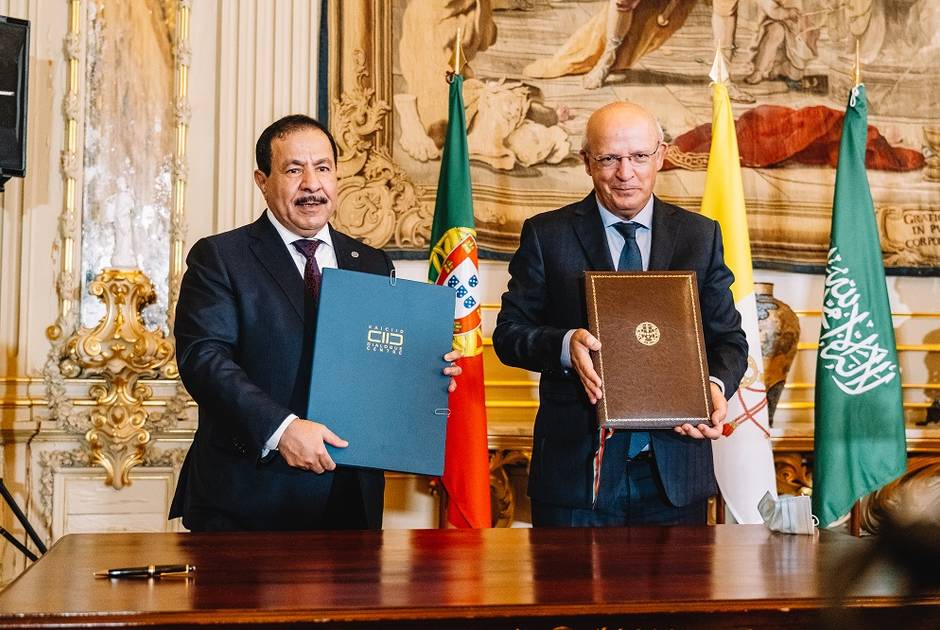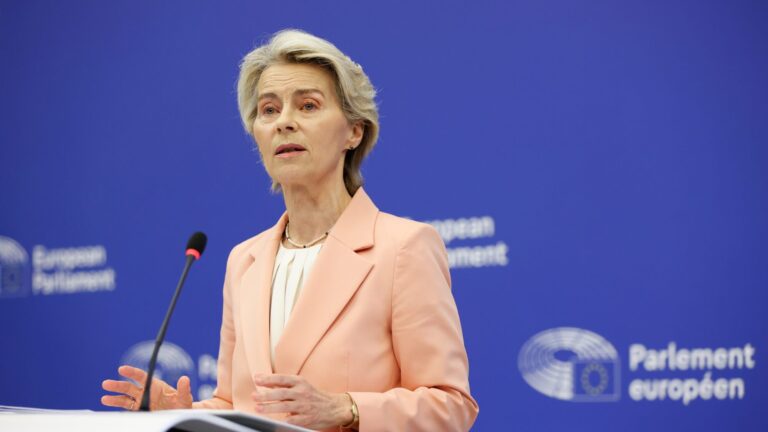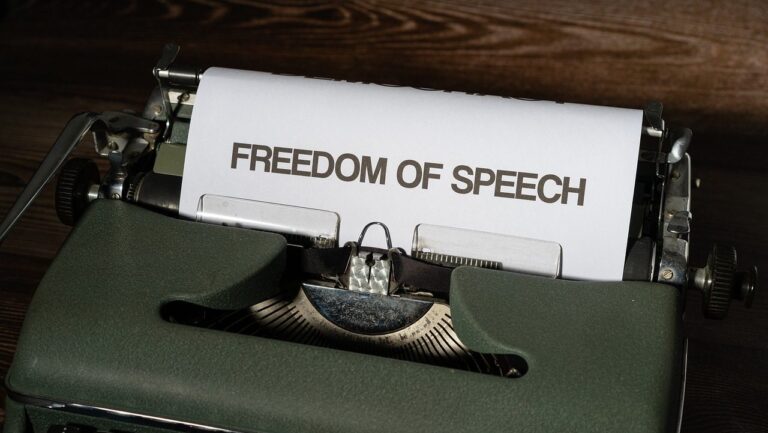Last year, KAICIID (King Abdullah Bin Abdulaziz International Centre for Interreligious and Intercultural Dialogue), decided to relocate from Vienna, where it had been based since late 2012, to Lisbon. The move was formalised in an agreement between KAICIID’s Secretary-General Faisal bin Muaammar and the Portuguese Minister of State and Foreign Affairs Augusto Santos Silva. The Centre’s stated purpose is to “bring religious leaders and political decision-makers together to develop and implement multilateral social cohesion building and conflict resolution initiatives.”
At least at its inception, it could boast of prestigious patrons. Its origin is said to hearken back to a conversation between former Pope Benedict XVI and former Saudi King Abdullah bin Abdulaziz in 2007. Its founding member states are Saudi Arabia, Austria, Spain, and the Vatican, and its Board of Directors includes Christian, Muslim, Jewish, Hindu, and Buddhist religious representatives. It also counted on the presence of UN Secretary-General Ban Ki Moon during its opening in 2012, who emphasized the Centre’s work by referring to the Israeli-Palestinian, Syrian, and Malian conflicts and their religious dimension.
Problems began in 2014-2015, when MP Gabriel Moser, a Green Party member of the Austrian National Council, inquired into the appropriateness of selling the Palais Sturany to KAICIID. There were also reports that the sale may not have been conducted entirely above-board.
Overlapping with this, the prosecution of Saudi dissident Raif bin Muhammad Badawi for insulting Islam led the Greens to organize protests outside the KAICIID headquarters, raising awareness around the case. Of course, the situation was aggravated with the killing of journalist Jamal Kashoggi.
KAICIID came to be seen as a front to whitewash Saudi human rights abuses and for the country to present itself as representative for all Muslims in the West. Politically, opposition to its presence in Vienna grew, coming to the fore with the formation of a coalition government in January 2020 that included the Greens. The Centre evidently decided it would be expedient to leave without further controversy. It seems to have wanted to move to Geneva initially, before settling on Lisbon.
The question is whether past issues will follow it to Portugal, where its presence may again become a matter of political debate, as well as whether Austria has burned bridges with other international platforms going forward (few of which can be guaranteed to be free of links with controversial states or actions).
Finally, we should not ignore that KAICIID seems to be part of Saudi Arabia’s attempt to shift away from its historic alliance (and reliance) on Salafism, both internally and as a foreign policy instrument (going back to the 1744 pact between al Wahab himself—namesake to Wahabism, although his followers prefer the term Salafism—and Muhammad bin Saud, patriarch of Arabia’s ruling family).
This move is earnest, as domestic reforms make clear, albeit the religious dimension of Saudi Arabia’s regional policy (vis-à-vis proxy-wars against Shia Iran) have led to its continued weaponization of Salafism. The reception and activities of KAICIID and similar initiatives, therefore, present an interesting index by which to judge Saudi Arabia’s success in this regard.





